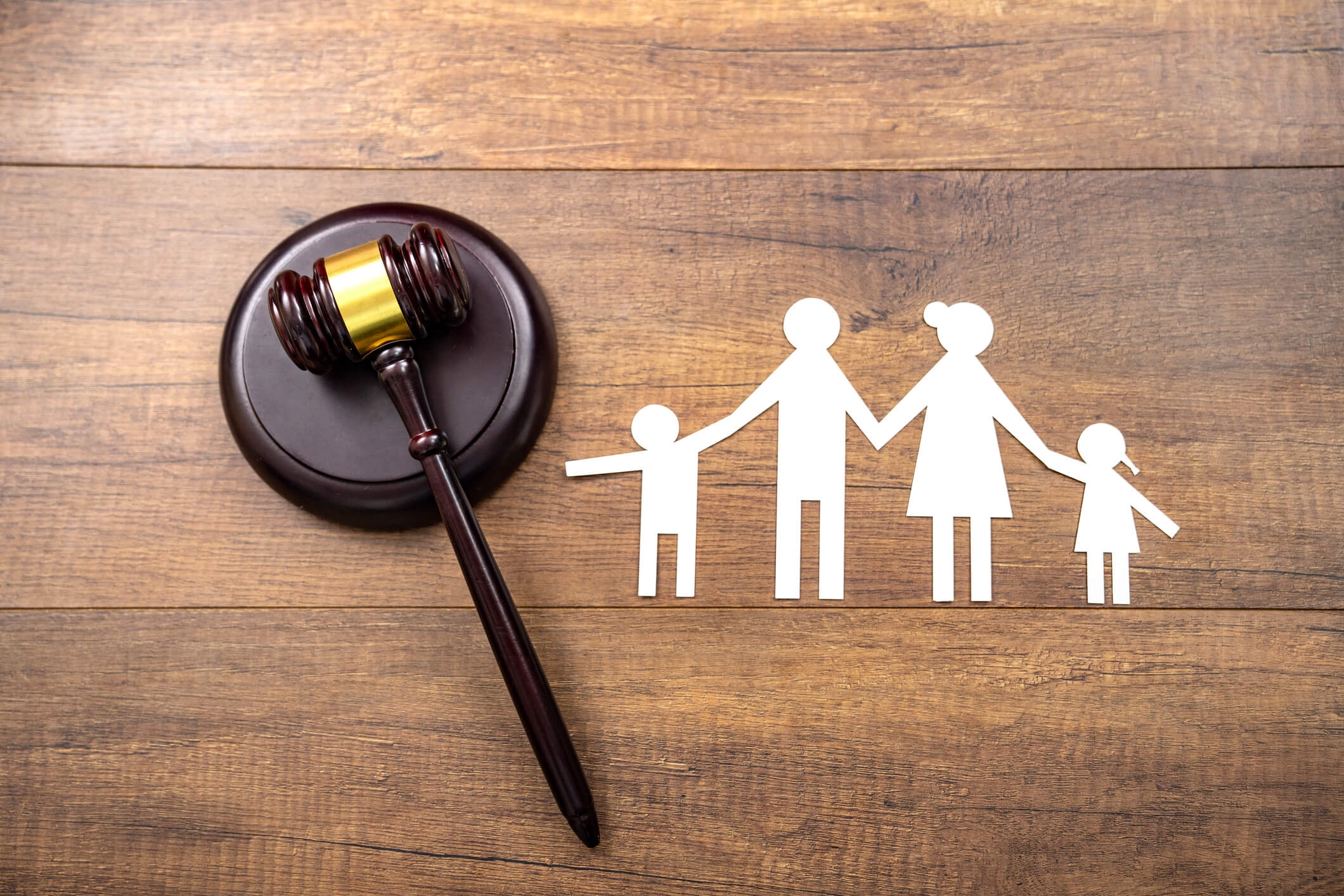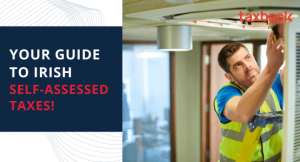Essential Guide to Maintenance Payments in Ireland: What You Need to Know
Managing maintenance payments can be challenging, especially when dealing with the emotional and financial implications of separation or divorce.
In Ireland, maintenance payments play a crucial role in ensuring the financial well-being of children and former partners.
Whether you're the one making the payments or the one receiving them, understanding how these arrangements work is essential.
This blog article aims to clarify maintenance payments, shedding light on the types of payments, tax implications, and practical factors to consider.
Join us as we explore everything you need to know about maintenance payments in Ireland, helping you make informed decisions for your financial future.
What are maintenance payments?
Maintenance payments refer to financial support provided by one individual for the benefit of another, such as a dependent child, spouse, civil partner, or a qualified cohabitant.
Regardless of marital status, parents must support their dependent children until 18, or 23 if in full-time education.
Maintenance payments for the support of dependent children are often called child maintenance.
Similarly, spouses and civil partners are required to support each other based on their financial capacity.
In the event of a separation, one partner may pay maintenance to the other to assist with living expenses.
Maintenance payments often become a concern following a relationship breakup. It can arise during a marriage separation, divorce, or the dissolution of a civil partnership.

Types of maintenance payments
Maintenance payments can be either regular payments or a lump sum. Occasionally, a lump sum may be awarded as part of a divorce or separation settlement.
The 2 main types of maintenance payments that can be made are legal and voluntary.
Legally enforceable maintenance payments are regular payments (weekly, monthly, or annually) made to a former partner under:
- An informal arrangement between the parties
- A legal agreement between the parties, such as a separation agreement
- A Court order as part of a decree of judicial separation or divorce
Your former partner might be legally obligated to make regular payments on your behalf, such as covering a mortgage. These payments are lawfully considered enforceable maintenance payments to you.
Legally enforceable payments must be paid in full without any deductions by you or your former partner.
Voluntary maintenance refers to financial support that both parties agree upon mutually.
Unlike formal maintenance orders, these voluntary arrangements typically lack legal protection and may be subject to change over time.
Determining maintenance payment amounts
In Ireland, unlike some other jurisdictions, there is no legal formula for calculating maintenance.
The amount is determined either by mutual agreement between the parties or by the Court's decision.
The Court will consider various factors, including the income, earning capacity, property, and other financial resources of both parties.
Additionally, the Court will take into account any other financial responsibilities either party may have, such as a spouse or other dependent children.
The goal is to ensure a fair and reasonable allocation of financial responsibilities, considering the appropriate amount of maintenance to be paid.
The average Irish tax refund is €1,880
How much should a father and/or mother pay in Ireland?
A Court can issue a maintenance order. The District Court can award maintenance up to €500 per week for a spouse and €150 per week for a child.
While the Circuit Court can award amounts exceeding these limits, standalone maintenance suits in the Circuit Court are relatively uncommon.
It is important to note that when hearing an appeal from the District Court, the Circuit Court has the same jurisdiction as the District Court.
If maintenance payments are not being made, the Courts have the authority to enforce an attachment of earnings order.
This order directs the person's employer to deduct the maintenance amount directly from their wages and transfer it to the intended recipient.
What is the average maintenance payment in Ireland?
In Ireland, the average maintenance payment ranges from up to €150 per child per week.
Someone with a minimal income might be required to pay a nominal amount, while a person with higher earnings will be ordered to pay a significantly larger sum.

How to set up maintenance payments
When selecting a payment method, it's essential to choose one that best suits the needs and preferences of both parties.
It's wise to choose a payment method that is convenient, traceable, and secure for both parties. For example,
- Bank Transfer: Direct transfer from one bank account to another.
- Standing Order: A fixed amount is transferred automatically on a specified date.
- Direct Debit: Allows the recipient to collect variable amounts directly from the payer’s account with prior authorization.
- Online Payment Services: Services like PayPal can also be used but may incur fees.
- Cheque: Although less common, some may prefer this traditional method.
The average Irish tax refund is €1,880
Tax implications of maintenance payments
Maintenance payments made for the benefit of your children are disregarded for income tax purposes.
You cannot claim an income tax deduction for these payments in your tax rebate.
If you make legally enforceable maintenance payments, you can have these payments deducted from your taxable income.
You can claim tax relief on payments made for the benefit of your former partner.
With voluntary payments, you cannot claim tax relief.
These payments are disregarded for income tax purposes, and you cannot claim an income tax deduction for them.




